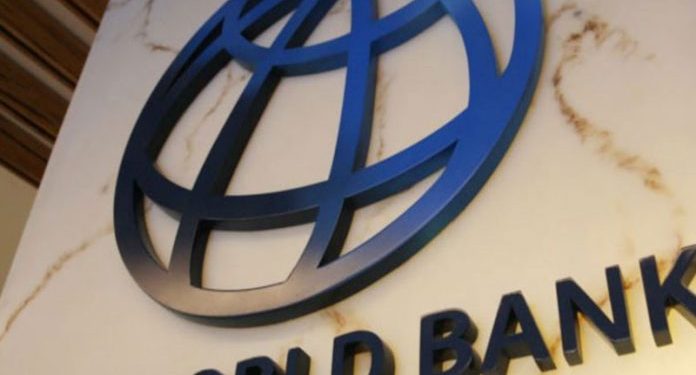The World Bank has disclosed that Nigeria’s debt, which may be considered sustainable for now, is vulnerable and costly. According to the Washington-based global financial institution, the country’s debt is also at risk of becoming unsustainable in the event of macro-fiscal shocks.
The bank said this in the November edition of its Nigeria Development Update. It said, “Nigeria’s debt remains sustainable, albeit vulnerable and costly, especially due to large and growing financing from the Central Bank of Nigeria.
“While currently the debt stock of 27 percent of the Gross Domestic Product is considered sustainable, any macro-fiscal shock can push debt to unsustainable levels.
“However, the debt to the GDP in Nigeria is rising quickly, and the total stock of debt in absolute value has almost doubled between 2016 and 2020, and without a policy change is expected to reach 40 percent of the GDP by 2025.”
The bank further expressed concerns over the nation’s cost of debt servicing, which according to it, disrupts public investments and critical service delivery spending. “The cost of debt servicing is also a concern as it is potentially crowding out public investment and critical service delivery spending.















